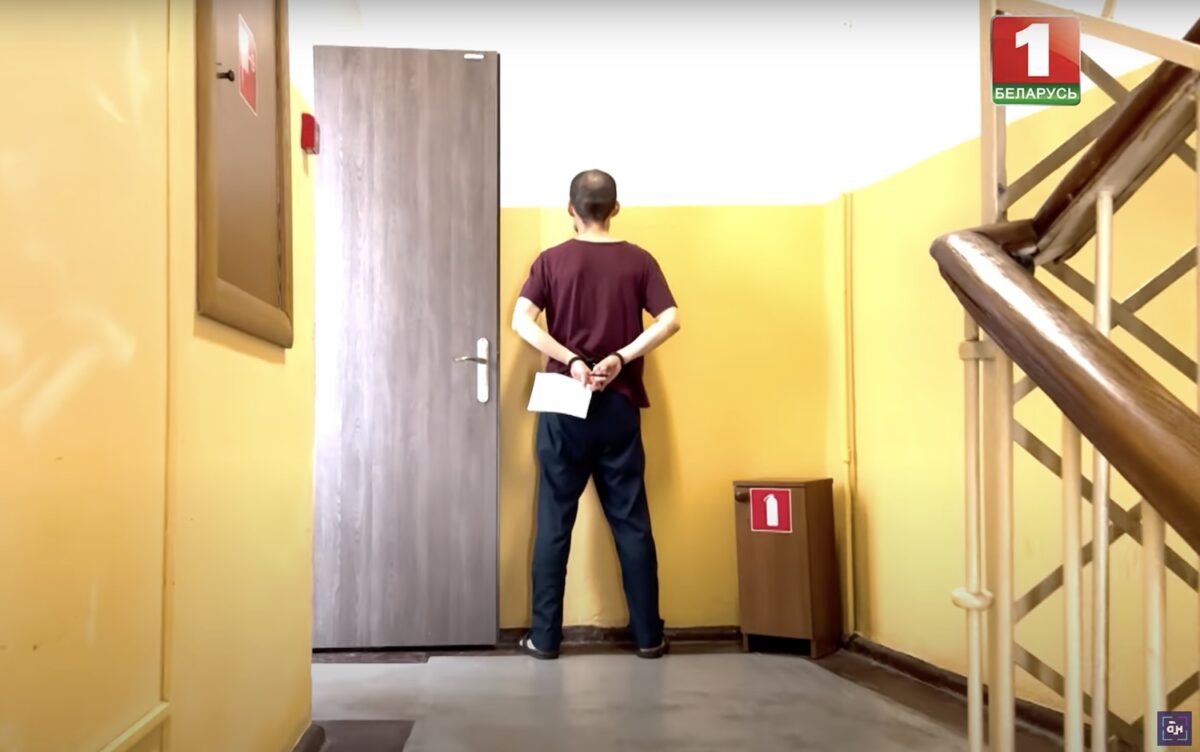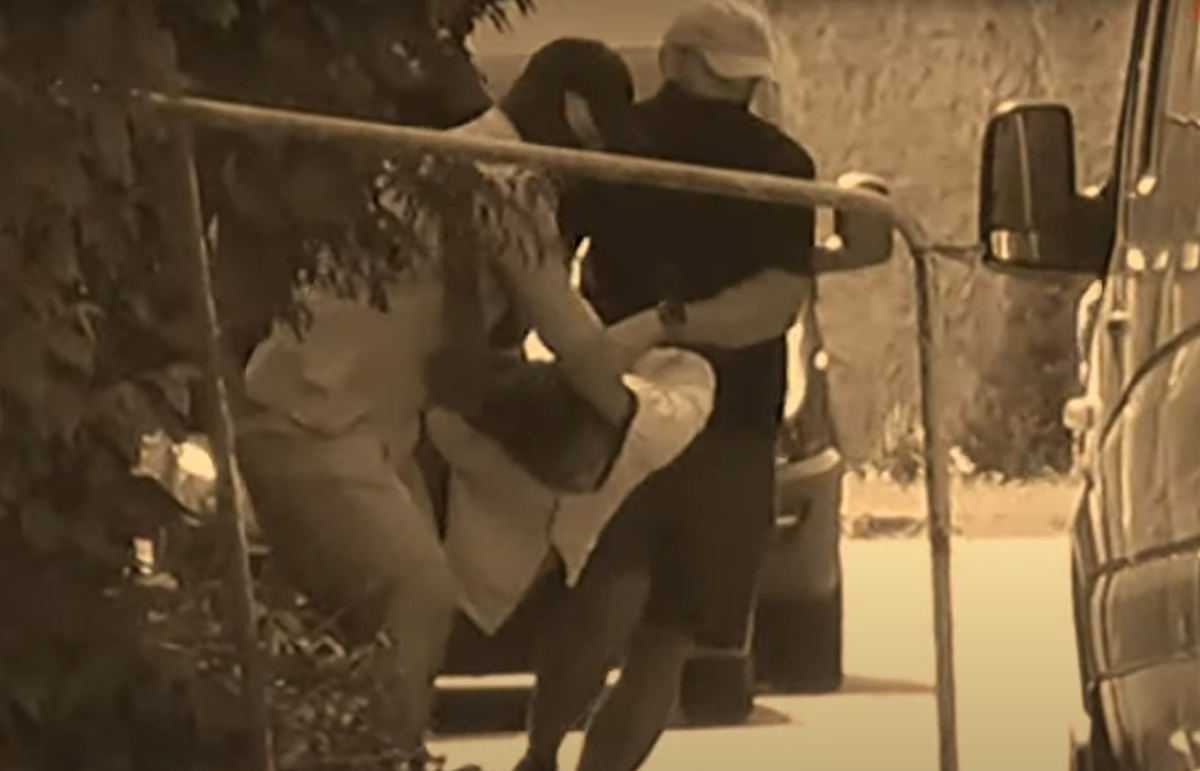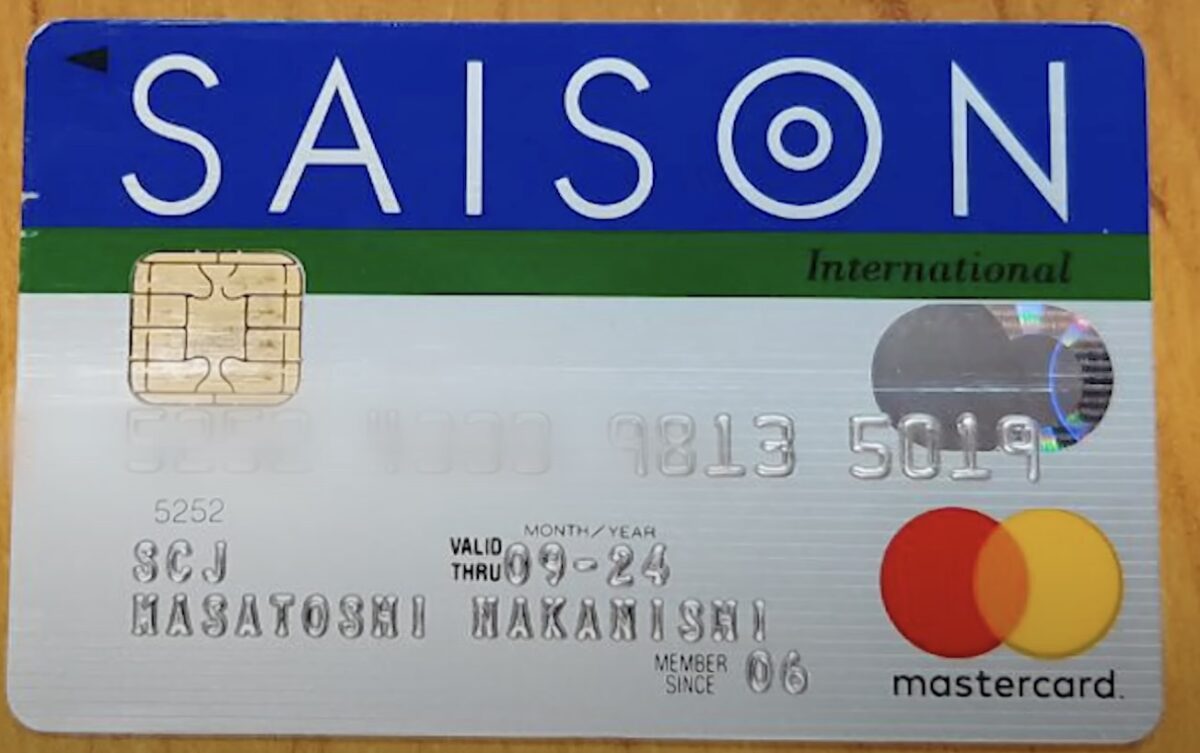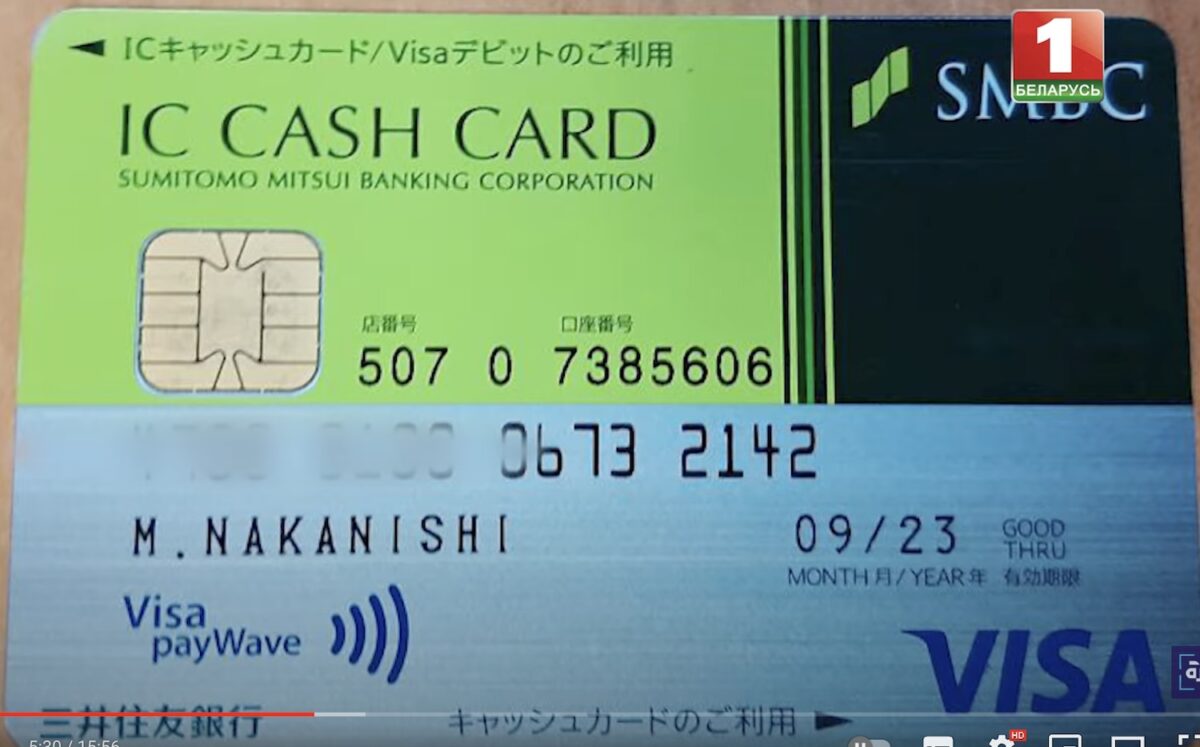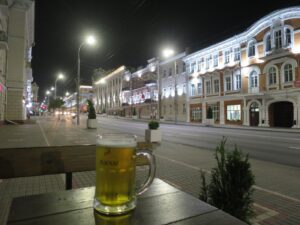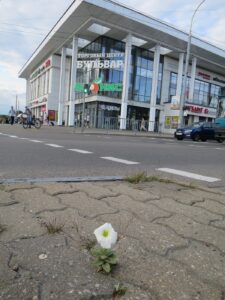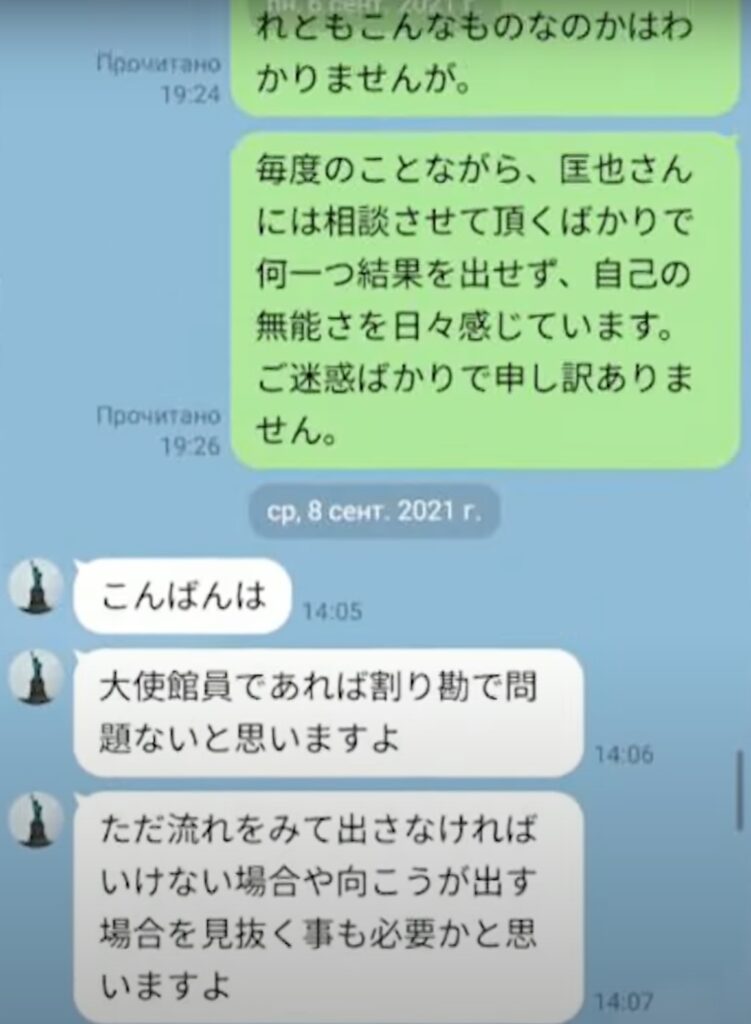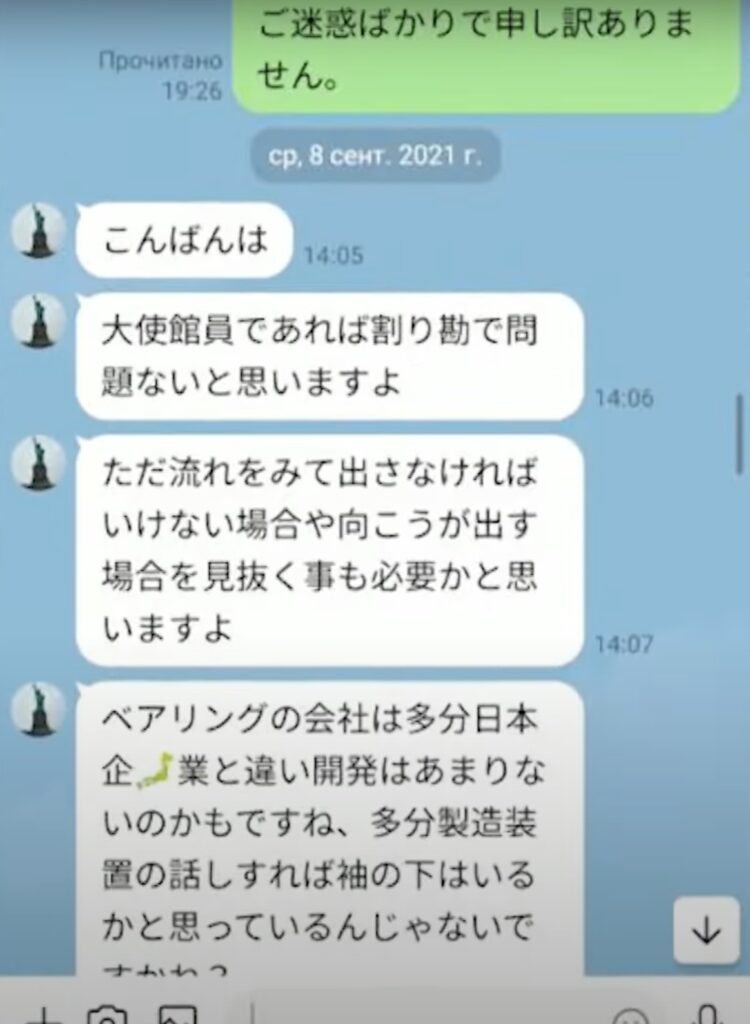One of the journalists at Reform.news knows Japanese, and he was puzzled by the translation of the correspondence between the Japanese «spy» Nakanishi Masatoshi and his relative Masanari Sato. The translation of the conversation screenshots was so «loose» that the meaning of the conversation was distorted beyond recognition. We decided to check other facts mentioned in the BT film. You won’t believe it, but almost everything is a lie.
But let’s start from the beginning. On September 5th, the TV channel «Belarus 1» aired a documentary titled «The Fall of the Samurai from Tokyo» about the Japanese citizen Nakanishi Masatoshi, who is suspected by the Belarusian KGB of espionage. The film uses archival footage, hidden camera recordings, interrogation scenes of the Japanese man at the KGB, and shows photos of his family, receipts collected by the Japanese man, as well as his bank cards. He was detained while attempting to leave Belarus on July 9. The arrest was carried out with maximum force — his body was fully restrained. The footage shows three undercover agents carrying him. Two are holding his arms, which are twisted behind his back in handcuffs, supporting him by the groin, while the third is choking his neck. His legs dangle loosely, and his head is covered by a bag.
The Propaganda and KGB Version
Japanese citizen Nakanishi Masatoshi allegedly tried to take a laptop out of Belarus, which, according to the KGB, he intended to personally deliver to the Japanese «Kokka Koan Iinkai» (Public Security Intelligence Agency). Propaganda claims that the laptop contained 9,000 photos Nakanishi had taken in Belarus. Before approaching the intelligence service, he supposedly wanted to meet with Masanari Sato, the ex-husband of his younger sister. In the BT film, Sato is referred to as Nakanishi’s handler because, according to the arrested man, Sato had «connections in the intelligence services».
If you strip away the hints, emotional rhetoric, and fantasies of the propagandists, the film about the arrested Japanese man states the following: Nakanishi Masatoshi had a higher legal education, tried to engage in business activities, but did not live off business profits. In Belarus, he registered an LLC called «BelNihonInternational».
«For 6 years, no profit, no deals, mostly losses and fines» says the narrator in the film.
Nakanishi Masatoshi arrived in Belarus in 2018. Before that, in 2016, he was baptized into the Orthodox faith in Kupyansk, Ukraine.
«He had not only visited Ukraine during the 2014 Maidan but also traveled to the DNR and LNR, made acquaintances there, and maintained ties», hints the propagandist in the narration.
According to the film, Nakanishi began traveling around Eastern Europe in 2008.
Nakanishi married a Belarusian citizen but divorced after a few years. The marriage is called fake in the film. He settled in Gomel in 2018 and got a job as a Japanese language teacher at Francysk Skaryna Gomel State University.
Propaganda claims that Nakanishi was not in need of money and spent it freely — he allegedly withdrew 1,500-2,000 Belarusian rubles ($473-$630) from his Japanese bank account each month.
According to BT, Nakanishi kept a detailed paper diary, collected receipts and tickets, and traveled extensively throughout the region, taking photos but never sharing them — just accumulating them.
«I thought about handing the photos over to the ‘Kokka Koan Iinkai’», the arrested Japanese man says on camera.
He was reportedly interested in radiation levels in the Polesie State Radiation and Ecological Reserve, tried to make contact with Belarusian businesses like «Conte», «Milk World», «Krasny Pischevik», and «Spartak», as well as with the administrations of the Gomel and Mogilev free economic zones. Propagandists claim he was interested in business projects with China.
Nakanishi also studied the socio-political situation in Belarus and shared information with his relative. In 2020, he attended protests in Gomel and spoke with demonstrators. After Russia’s full-scale invasion of Ukraine, the war and its consequences became a central topic in his conversations with his relative.
At one point in the film, propaganda stops being subtle and, without any evidence, calls Nakanishi’s relative, Masanari Sato, a member of Japanese intelligence. The arrested Japanese man allegedly sent him photos and videos of Gomel Airport.
Another compromising detail, according to propaganda, was Nakanishi’s informal communication with employees of the Japanese embassy. As incriminating evidence, a conversation between Nakanishi and his relative is shown, in which Nakanishi says he plans to meet an embassy employee at a bar but isn’t sure if he should pay for him or split the bill.
To prevent the viewer from critically assessing the facts, the former head of KGB military counterintelligence, retired Major General Alexei Zakharov, appears in the film as the main expert, explaining what all of this means. According to him, Nakanishi’s marriage and business ventures were just cover, the two Japanese bank cards were channels for funding, and his communication with his relative and contacts at the embassy were two channels for transmitting information (primary and backup).
At the end of the film, Konstantin Bychek, head of the KGB’s Investigation Department, says that Nakanishi has been charged with espionage.
Let’s Analyze the Propaganda and KGB’s Arguments. Something doesn’t add up here.
Lie #1: The Secret Laptop
From the first moments of the film, critical thinking encounters a contradiction: why would someone need to transport photos across a border on a laptop? Propaganda tries to explain this awkward point by claiming that Nakanishi was afraid to send the photos via the internet. Yet, he apparently wasn’t afraid to physically carry them across the border on a device?
Another detail: the filmmakers should clarify whether Nakanishi had been working for Japanese intelligence since at least 2008, or if he was just planning to approach them with his laptop. According to the film, Nakanishi spent six years accumulating photos of narrow-gauge railways and bridges in the Gomel region and intended to sell them. Is that right? And for all those six years, he never left Belarus? Does that make sense?
Lie #2: The Shell Company
In the film, the propagandist Yevgeny Gorin got so carried away that he neglected the details. After all, a whole KGB major general explained why a company was necessary in Belarus — for cover! The problem is that the LLC «BelNihonInternational» existed for less than two years.
Nakanishi Masatoshi registered the company on December 11, 2019, and liquidated it on October 29, 2021. It was removed from the Unified State Register on April 6, 2022.
This is a strange cover — right before a major war, when a «spy» would need the ability to go on those very spy missions, he willingly destroys one of his key espionage tools.
It’s worth emphasizing once more that propaganda lied about the company operating for six years.
Lie #3: The Job Cover
In reality, Nakanishi Masatoshi initially studied Russian at the «GGU-Profi» language courses. He mentioned this himself in an interview for the Gomel State University website in 2021. Interestingly, the text of this interview was removed from the GGU website on September 4, and on the 5th, the English version was also taken down. Fortunately, the text was preserved in the web archive.
In that interview, he said he started teaching at the «GGU-Profi» courses in 2019.
In other words, he attended Russian language courses and found a job there. In the same interview, he revealed that he had graduated from law school in Japan and had worked for about 20 years as an economist-lawyer at a private company in Tokyo. It raises the question: what other options did someone who essentially had no other skills and didn’t speak Belarusian or Russian have in Gomel? Was he supposed to give lectures in Japanese about the Japanese legal system?
The narrative about the fake marriage also doesn’t hold up. In 2021, he said that he had been living with his wife for three years and that his parents had warmly welcomed her. Judging by the photos, his entire family came to Belarus to meet his new relatives.
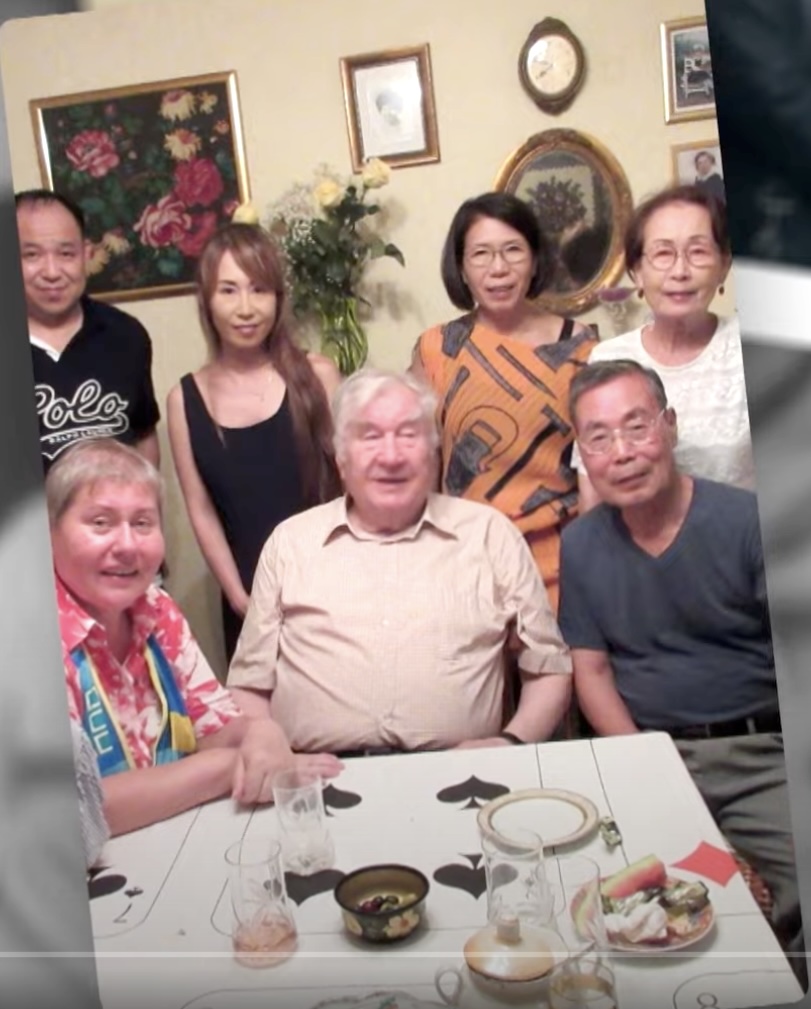
Lie #4: The Unlimited Bank Account
In the film, two bank cards in Nakanishi Masatoshi’s name were shown. One of them, a «Saison Int. Mastercard», is valid until September 2024. The second, an «SMBC IC CASH CARD», expired in September 2023. Perhaps that’s why the Japanese man wanted to visit his homeland?
It’s amusing to see the «luxury» in which this supposed top-level Japanese spy supposedly lived. He withdrew a whopping $500 a month from his Japanese card. Even for Gomel, which is not the most expensive city in Belarus, $500 a month is teetering close to the poverty line.
In Japan, the average salary in 2023 was $2,300. Needless to say, if your relatives aren’t sweeping streets or working fast food counters, their salary might be even higher.
Why not assume that he might have had savings or financial help from family members? It would be impossible to live on the meager salary of a language course teacher in Belarus. In fact, the husband of his younger sister, who turned out to be the director of a wastewater treatment equipment company, could have been using his relative to explore a new market. Maybe that’s why Nakanishi Masatoshi was so meticulous about collecting receipts — to account for his expenses?
Lie #5: Photos of Secret Objects
Many of the «secret object» photos taken by Nakanishi Masatoshi were actually posted online. He created a VKontakte group called «Gomel Through the Eyes of a Japanese».
A glass of «Lidskoye» beer against the backdrop of the central street of Gomel, a sunset behind a strategic bridge, a crossroads on Mogilevskaya Street in Gomel, a flower sprouting through the pavement in front of the Boulevard shopping center, a cat lying on the asphalt — these masterpieces can all be found in his blog.
Without wanting to fall into stereotypes, it seems like Japanese people documenting every step of their journey through photos has become a meme by now. It’s very typical behavior for people from East Asian cultures.

It’s hard to know what the Japanese man could have photographed in Gomel over six years of living there. With all due respect to the heritage of this Belarusian regional center, the number of tourist attractions could fit on a small flash drive. Beyond that, he would inevitably end up photographing Soviet and post-Soviet urban decay.
Lie #6: The Alternative Channel Through the Embassy
There aren’t many Japanese citizens in Belarus, especially those who want to live there and actively participate in its life. So it’s not surprising that the Japanese man in Gomel had close ties with the Japanese embassy.
According to the website of the Gomel State University (GGU), the university administration saw Nakanishi Masatoshi as a valuable asset. Thanks to him, a «Traditions and Culture of Japan» exhibition was organized at the university in November 2021, with all expenses covered by the embassy. Japanese diplomats also provided grants for organizing Japanese language and culture studies and held other events. The Japanese ambassador even met with the GGU vice-rector.
Now, nearly all references to the university’s relationship with the Japanese embassy, involving Nakanishi Masatoshi, have been removed from the university’s website. So, what happened?
If we stretch the narrative, it turns out that the GGU administration itself organized and covered up an alternative channel for the spy to pass information to the embassy.
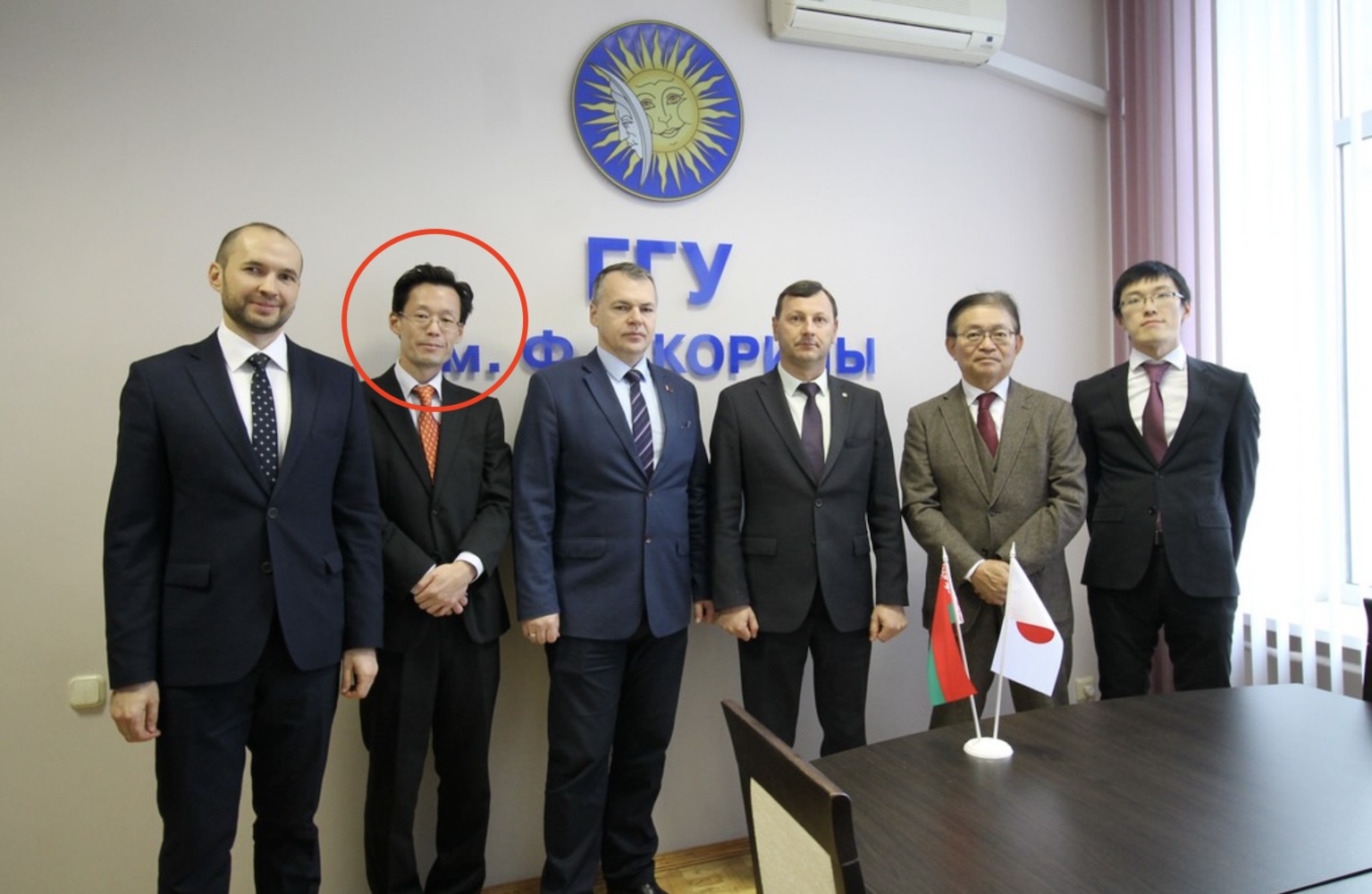
Lie #7: The Handler from Intelligence Services
One of the most intriguing parts of the propagandists’ and KGB’s story is the correspondence between the accused Japanese man, Nakanishi Masatoshi, and his relative, Masanari Sato.
Who is this person? Online, there are mentions of a director of «Authen Alliance», Masanari Sato. Judging by photos, this is the same man who was married to Nakanishi’s younger sister. He sells equipment for water purification, degreasing, and cleaning metal products.
«Our purification technology is used in various fields, such as medical facilities, precision industries, and water purification», says the company’s presentation.
Clearly, he is a business-minded and ambitious person, actively seeking new markets. He was interested in the possibility of promoting his technologies in the Belarusian market.
And here is where things get interesting. As they say, translation difficulties gave the KGB plenty of room to interpret the communication between the two Japanese men.
In the opening moments of the film, a fragment of their correspondence from September 8, 2021, is shown:
The translation is not provided in the film, so we decided to translate the conversation ourselves. The sender is marked in green.
Sender:
— I feel helpless. I apologize for that.
Reply:
— Good evening.
— If it’s an embassy employee, I think it’s no problem to split the bill.
— I believe you need to assess the situation and decide whether you’ll pay yourself, or let the other party pay.
— It’s likely that companies producing bearings, unlike Japanese ones, don’t engage in development. Perhaps if we talk about manufacturing equipment, it might be impossible without a bribe.
The next segment of the conversation is from May 27, 2019. When context appears, the KGB’s «evidence» falls apart:
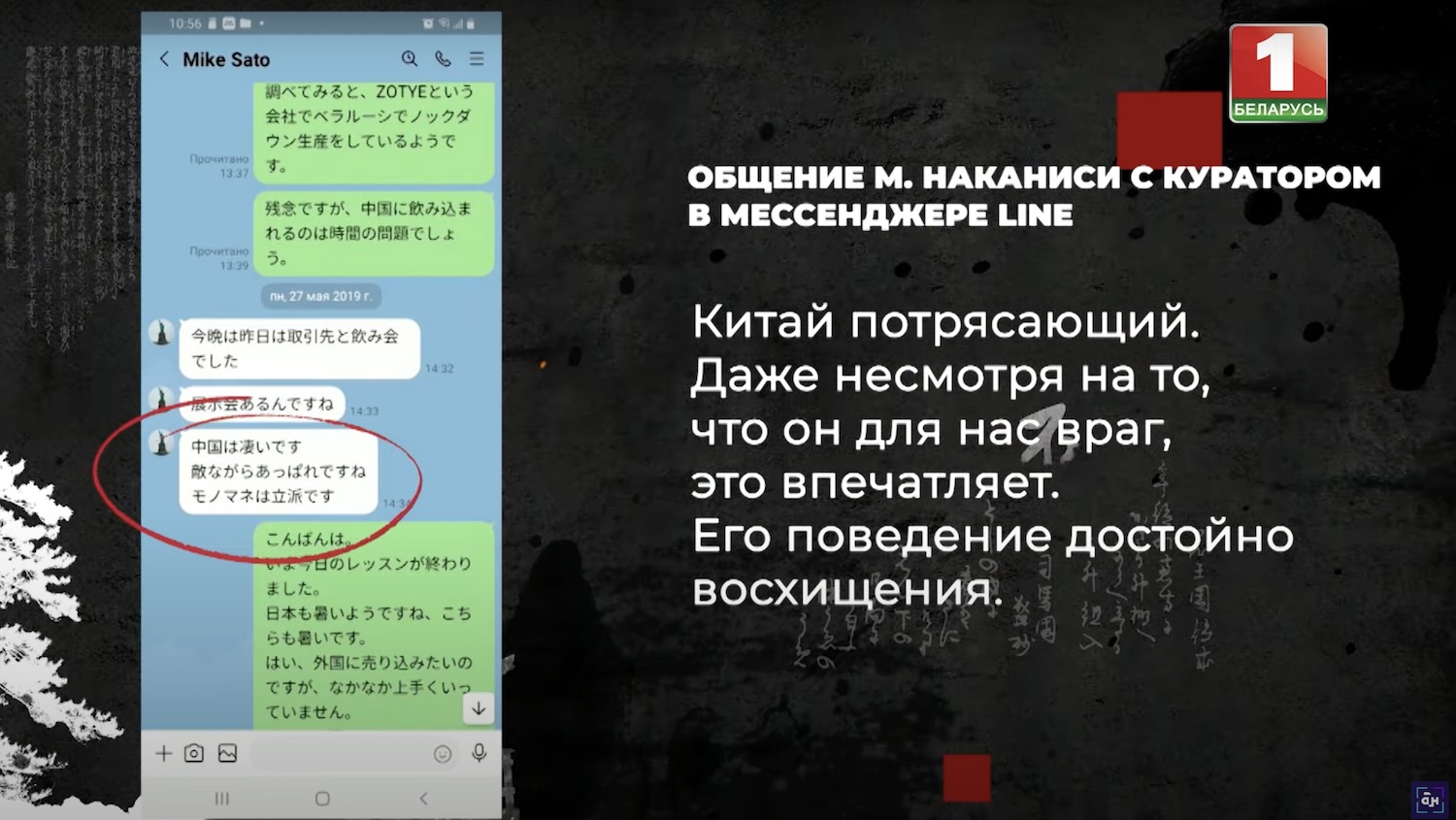
Text in Russian:
China is magnificent. Despite being our enemy, it’s impressive. Its attitude is worthy of admiration.
True translation:
Sender:
— After a little research, it seems that a company called ZOTYE produces cars using a “knockdown” system, utilizing bearings.
— Unfortunately, it’s only a matter of time before China takes over everything.
Reply:
— Last night, I met and drank with business partners.
— There’s an exhibition going on.
— China is amazing. Despite being competitors, I admire them. Their ability to imitate is truly impressive.
There are also three fragments with an unknown date. The Japanese text is the same, but BT showed three separate screens for its translation. Let’s look at the translation the KGB provides versus what the relatives were actually discussing. In reality, they criticize the Japanese authorities and repeat a common theme from Russian propaganda — «things aren’t so obvious».
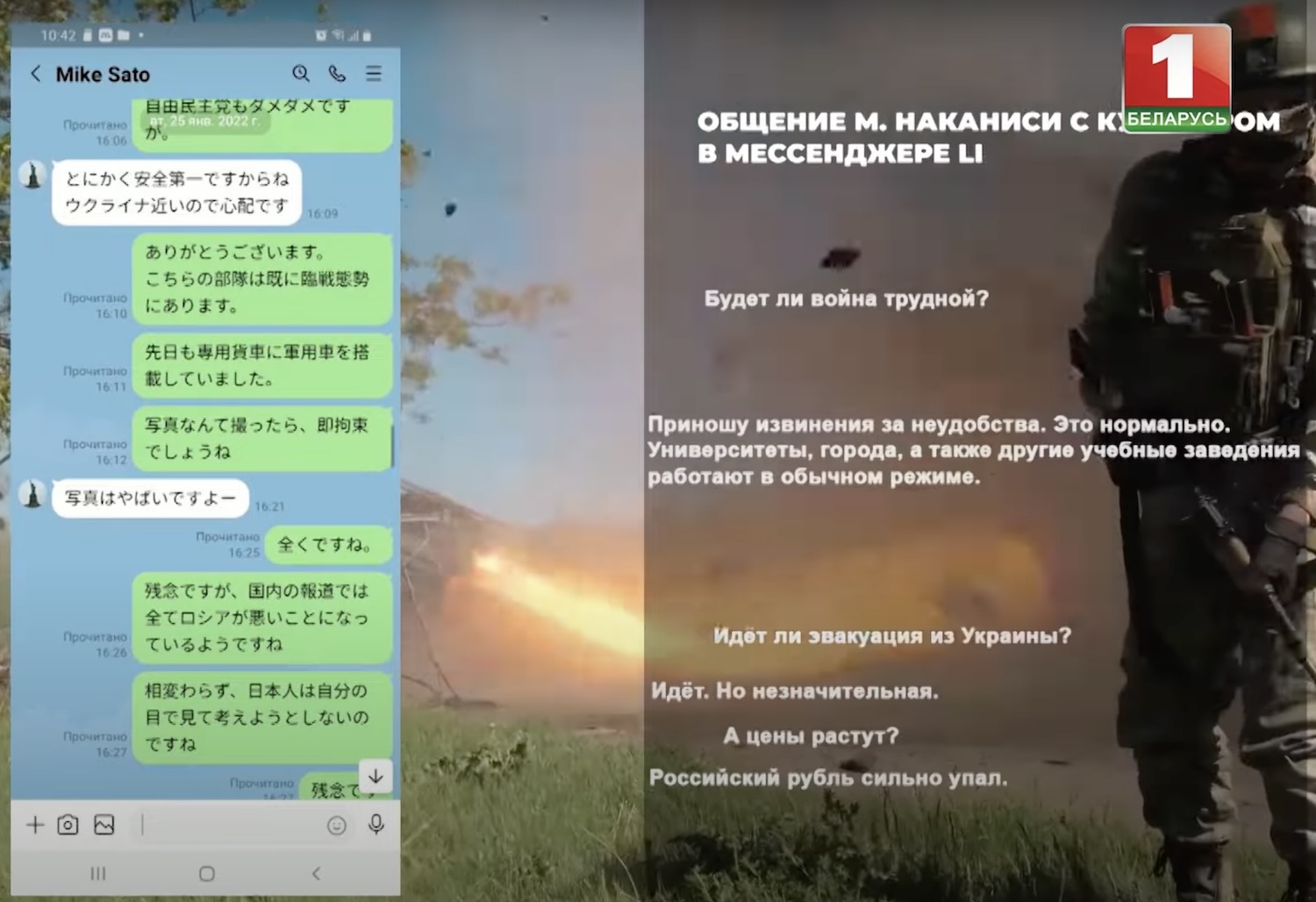
Text in Russian:
Will the war be difficult?
I apologize. It’s normal. Universities, cities, and other educational institutions are functioning normally.
Is the evacuation from Ukraine still ongoing?
It is, but not actively.
Are prices increasing?
The Russian ruble has dramatically fallen.
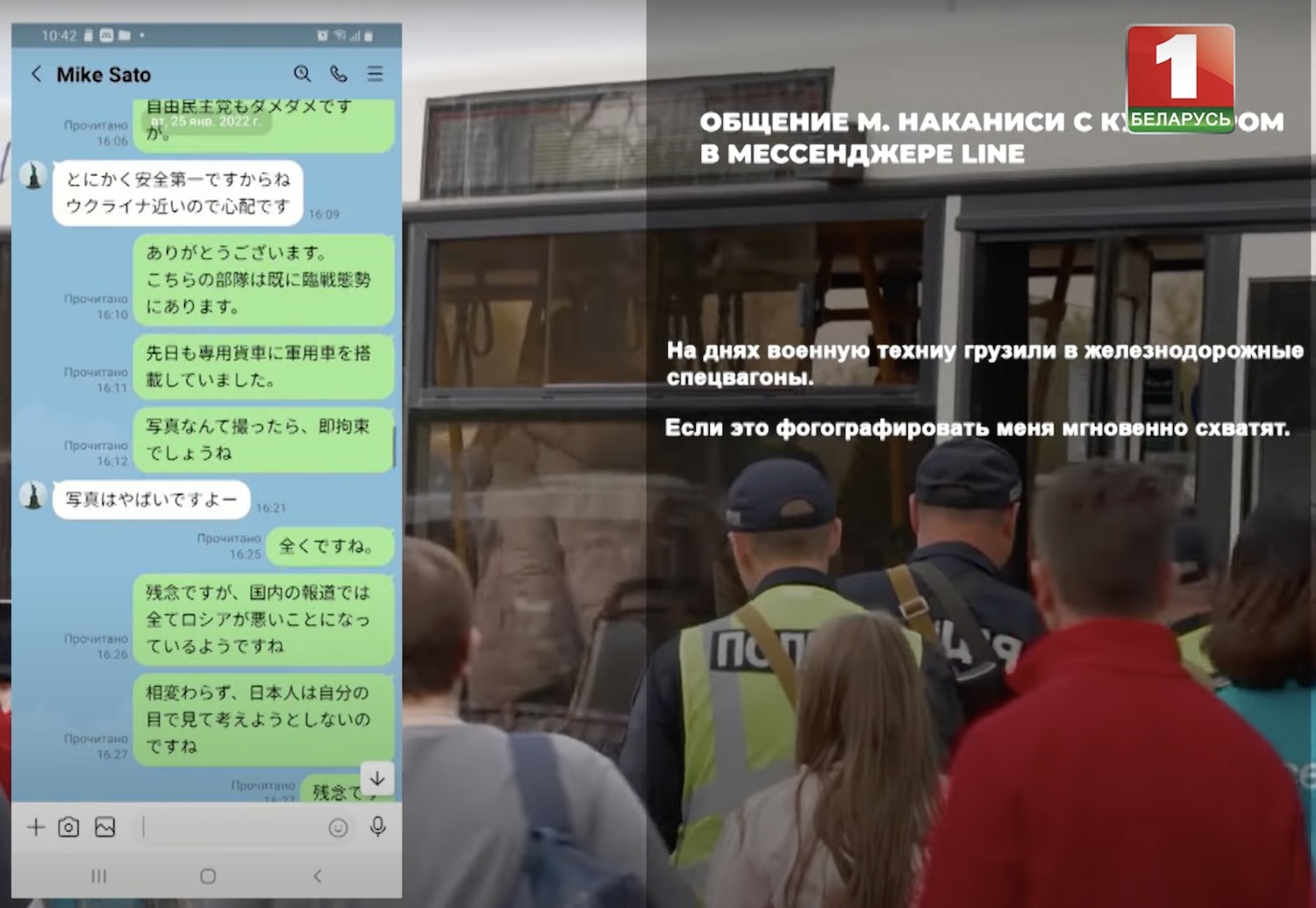
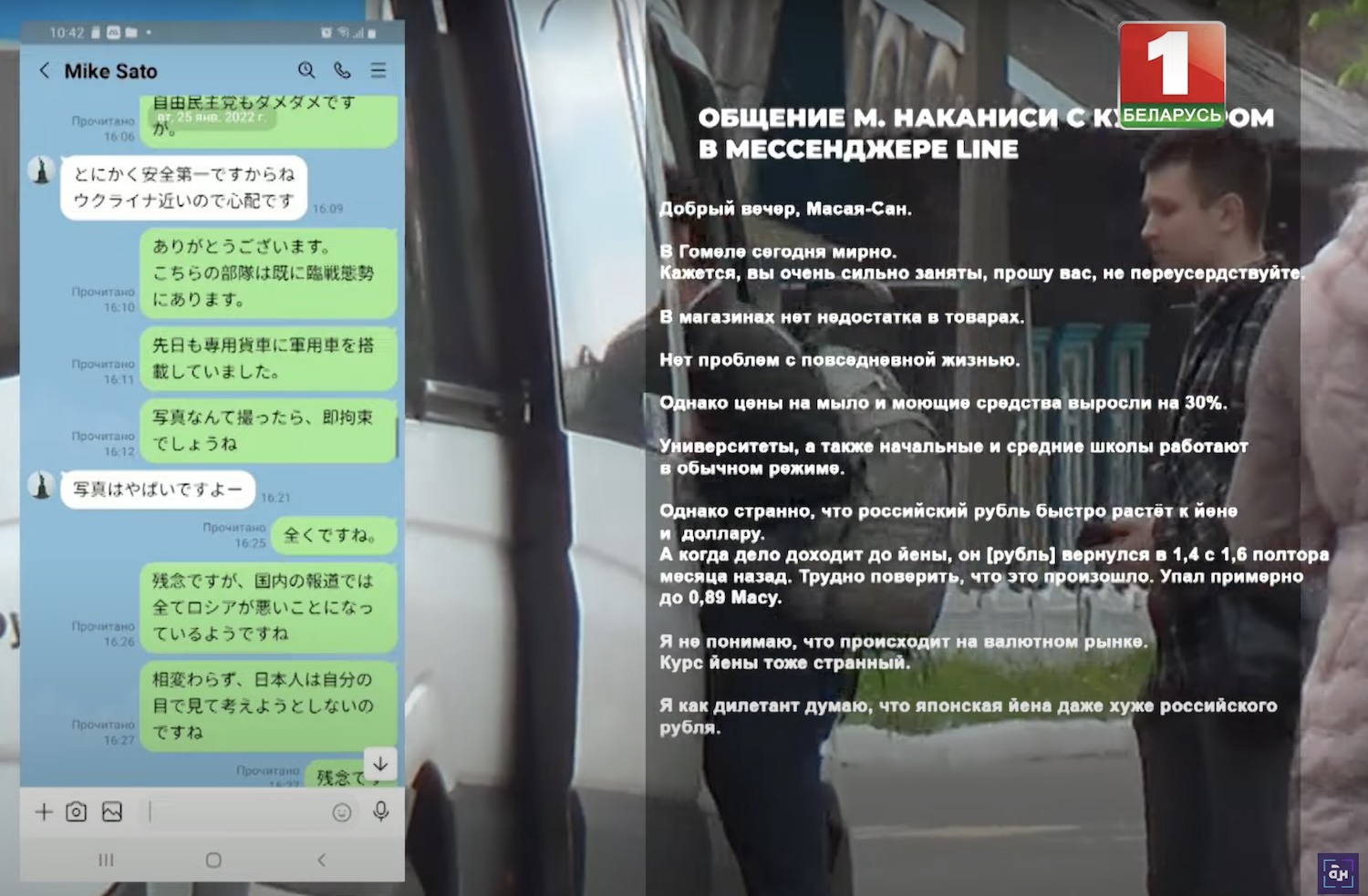
Text in Russian:
Good evening, Masaya-san. It’s peaceful in Gomel today, it seems like you are very busy. Please don’t overwork yourself. There is no shortage of goods in the stores. Everyday life is normal, but prices for soap and detergents have risen by 30%. Universities and schools are operating as usual. However, it’s strange that the Russian ruble is rising against the yen and the dollar. When it comes to the yen, the ruble has returned from 1.4 to 1.6 a month and a half ago. It’s hard to believe that this happened. It has dropped to about 0.98 now, Masu. I don’t understand what’s happening in the currency market; the yen exchange rate is strange too. As an amateur, I think the yen is performing even worse than the Russian ruble.
True translation:
Mike Sato:
— As for the Liberal Democratic Party (the ruling party of Japan — ed. reform.news), this is absolutely unacceptable.
Response:
— In any case, security comes first, doesn’t it? I’m worried since Ukraine is close.
Mike Sato:
— Thank you very much. The military here is on high alert.
— Recently, we transported heavy equipment using specialized transport.
— If I had taken photos, I would have been immediately arrested.
Response:
— Yes, taking photos is too dangerous.
Mike Sato:
— That’s right. Unfortunately, in our (Japanese) news, everything is blamed on Russia.
— Unfortunately, the Japanese do not view the situation with their own eyes.
The next fragment of the correspondence, dated May 2020, once again highlights «translation difficulties»:
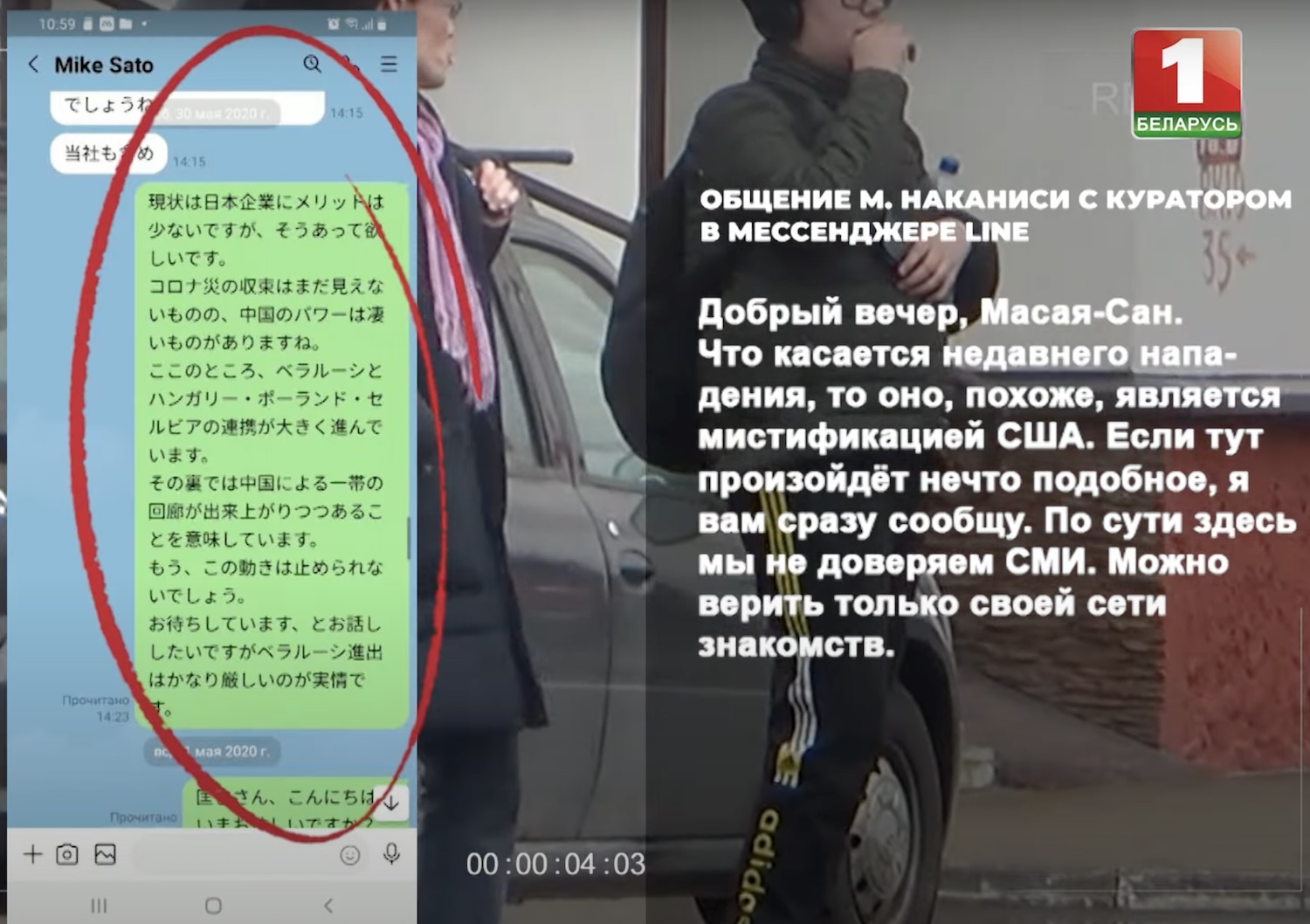
Text in Russian:
Nakanishi’s communication with his manager in Japanese Intelligence Service on the LINE messenger:
Good evening, Masaya-san. As for the recent attack, it seems to be a U.S. hoax. If something similar happens here, I’ll inform you right away. Essentially, we don’t trust the media here. You can only trust your personal network.
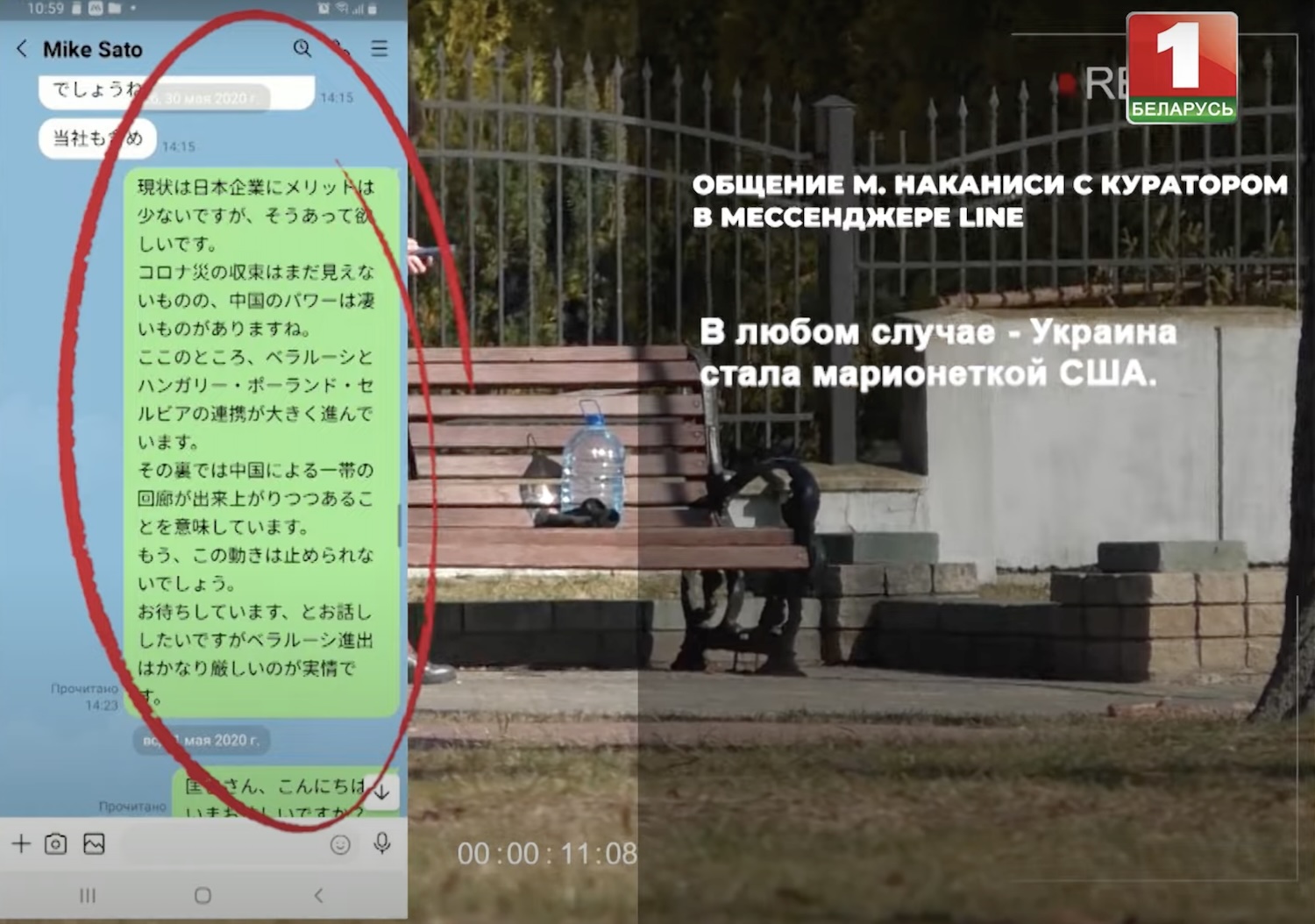
Text in Russian:
Nakanishi’s communication with his manager in Japanese Intelligence Service on the LINE messenge. All in all, Ukraine became a USA puppet.
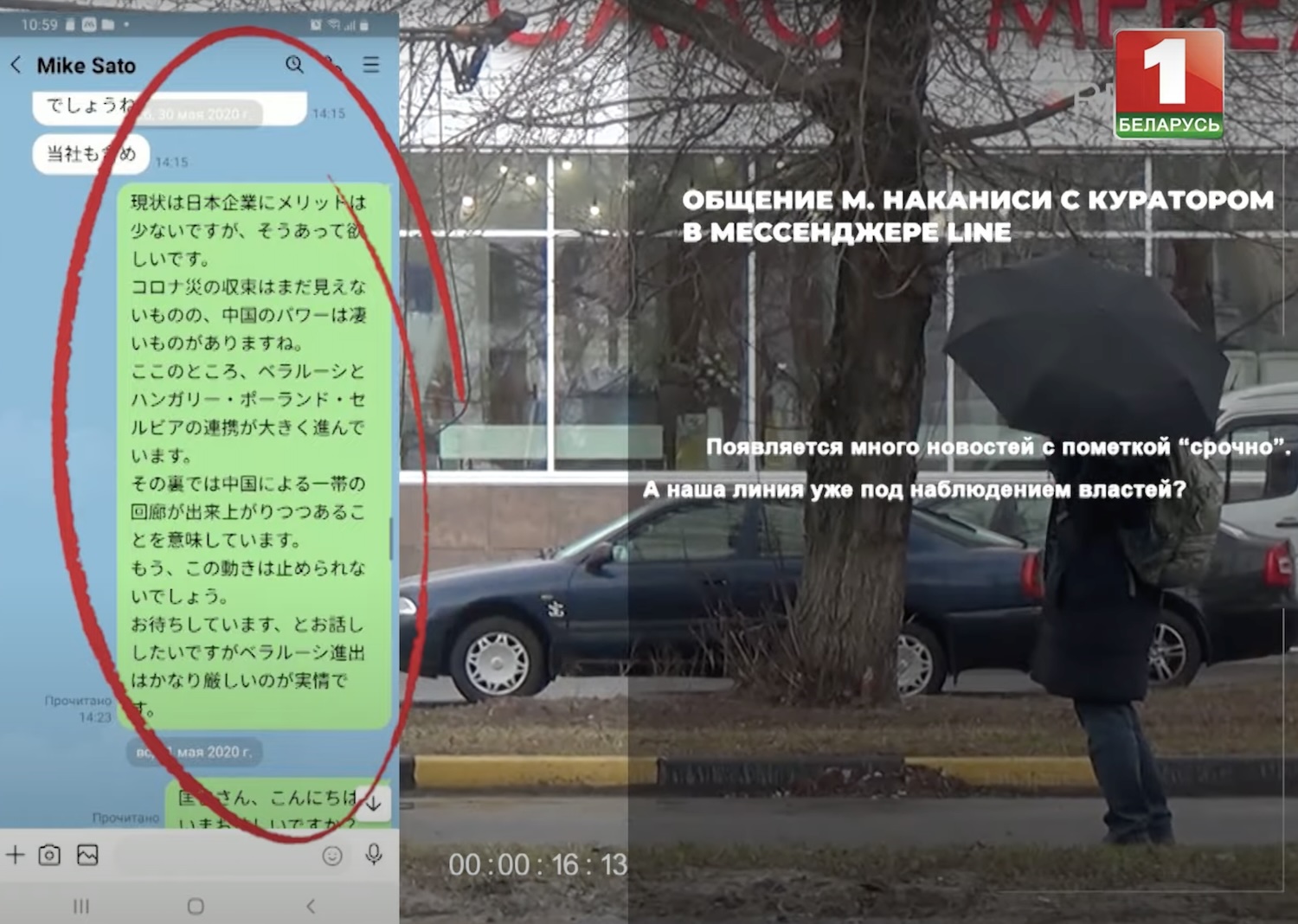

Text in Russian:
Nakanishi’s communication with his manager in Japanese Intelligence Service on the LINE messenger:
This was a parade, that’s why everyone was taking photos. However, I think someone was following me. Perhaps, it was blocked by the street cameras.
True translation:
Green Text:
— Currently, Japanese companies have few advantages, but I hope they still have some. Even though it’s unclear when the COVID pandemic will end, China’s power here is enormous. Recently, cooperation with Belarus, Hungary, Poland, and Serbia has been growing. This means that China is creating a corridor through the region. It’s impossible to stop China’s advancement. I would like to say we’re waiting for you, but the reality is that it’s quite difficult to supply goods (or expand operations) in Belarus.
Moving on. Frankly, all of this looks like a series of images without much meaning. It seems to be a continuation of the very first conversation.

Text in Russian:
Nakanishi’s communication with his manager in Japanese Intelligence Service on the LINE messenger.
I’m planning to have drinks with an embassy employee tomorrow, but should I split the bill? I’d appreciate your advice.
True translation:
— Tomorrow, I’m going to drink with embassy employees. Should I split the bill?
— Maybe you can give me some advice?
— Honestly, I invited them (the embassy employees). Although they told me we could meet even outside of work hours.
— Regarding the issue I consulted you about a few days ago, I contacted the Minsk Bearing Plant, even spoke with the director’s secretary, but nothing came of it.
— I don’t understand if it’s because they have no motivation, or if they give up from the very beginning.*
— It’s the same every time. I consult with Mr. Masaya, but I don’t get any results…
Conclusion
If we summarize all the available correspondence, it seems more like a conversation between a dependent individual and their more successful relative, who gives advice on working with potential clients. According to the KGB, the «fault» of the Japanese individual was that he attempted to establish business connections with Belarusian enterprises and earn money. This reflects the current investment climate.
The discussion on how to split the bill with embassy employees reveals more about the Belarusian propagandists. It suggests that they are used to having everything paid for them.
In civilized countries, treating an embassy employee could be considered a bribe. This is why the Japanese individual was concerned. It also indicates that embassy employees were seen as an opportunity rather than a channel for passing secret information.
Our Version
The story of Nakanishi Masatoshi resembles that of someone who couldn’t achieve much in life and decided to escape far from Japan. Since 2008, he drifted through the relatively inexpensive Eastern Europe and lived off his relatives’ money.
To justify his existence, he fed excuses to his sister’s husband, received money for representation expenses, and tried (without much effort) to find potential clients.
On the other hand, it was simply easier for his relative to pay a small amount for a formal service. Hence, Nakanishi Masatoshi meticulously collected all receipts and tickets — for reporting purposes.
When his bank cards expired, he had to return home.
It’s clear that Nakanishi attracted the KGB’s attention when he began attending protests in 2020. Belarusian security forces are known for concocting conspiracy theories with less evidence.

Confession: The Queen of Evidence
There is one last argument in favor of the KGB’s version of espionage — the confession of the Japanese individual himself.
First, we were simply shown footage of the confession. It is unclear what exactly the Japanese individual is confessing to. Perhaps he crossed the street in the wrong place or deceived his wife.
Second, prisoners in Belarusian jails are tortured. They are tortured seriously. Look at the footage of the Japanese individual’s detention and try to imagine yourself in his place. The infamous GUBOPiK (Main Directorate for Combating Organized Crime and Corruption) has been publishing «confession» videos of Belarusians admitting to working for all the world’s intelligence agencies for 4 years. The value of such confessions is zero.
And third, despite Nakanishi Masatoshi completing Russian language courses at «GGU-Profi,» his command of the language is weak. He may not have fully understood what happened to him. We do not exclude this possibility.
P. S.
We do not claim that the Japanese individual has no connection to intelligence services, but the evidence presented by the propagandists is laughable. Belarusian propagandists lie every day, and that is their job. As for why the KGB detained yet another foreigner — it remains an open question. We will surely find out the reason for this in the near future.
Если вы нашли ошибку, пожалуйста, выделите фрагмент текста и нажмите Ctrl+Enter.
